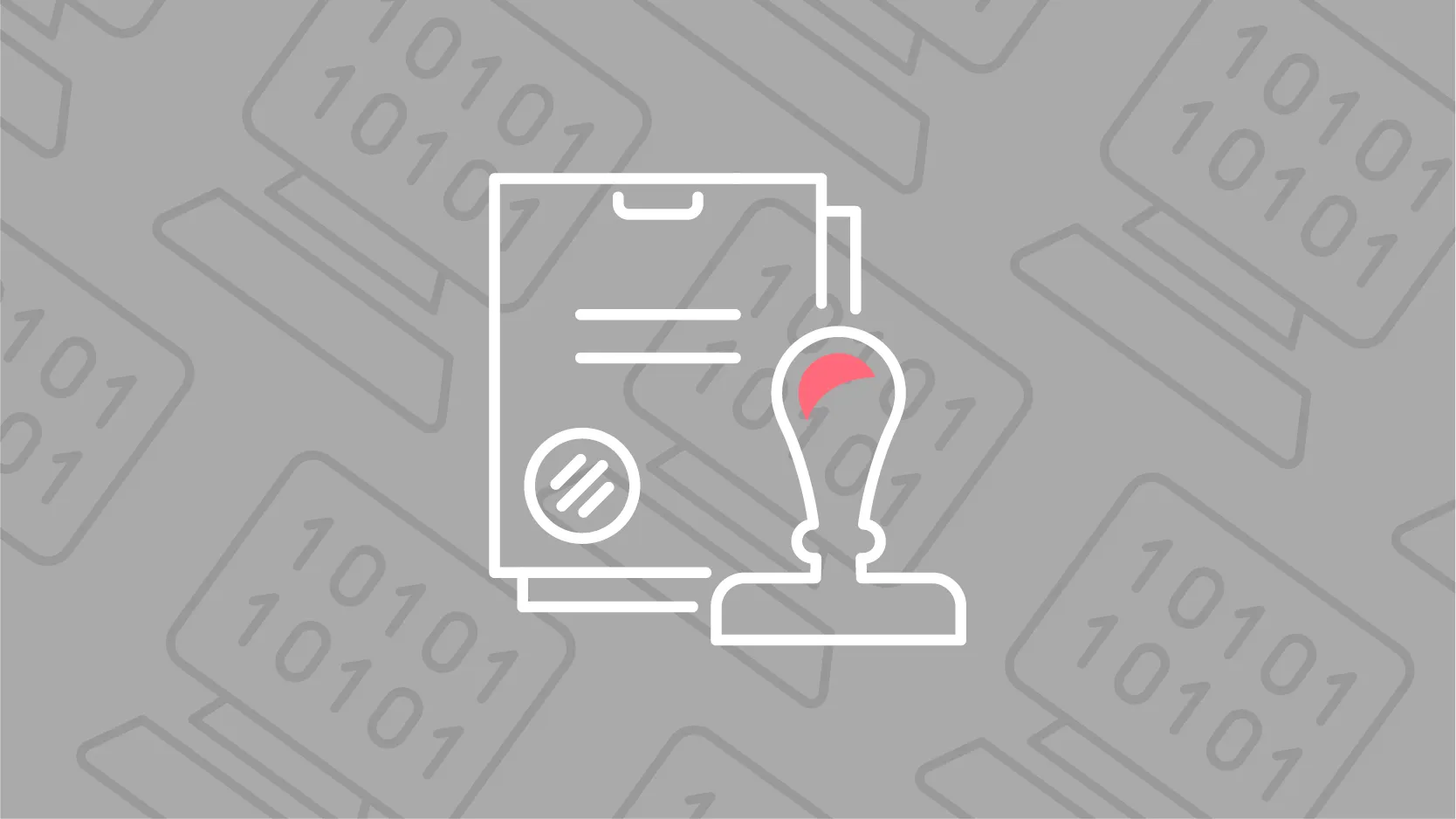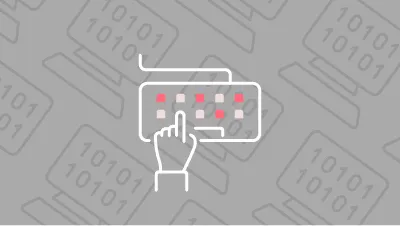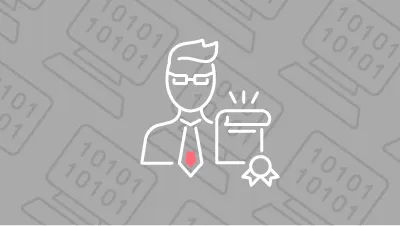What is the difference between the Specialist Diploma in Business Analytics (SDBA) and Specialist Diploma in Data Science for Business (SDDSB)? How will I benefit from the programmes?
- What is the difference between the Specialist Diploma in Business Analytics (SDBA) and Specialist Diploma in Data Science for Business (SDDSB)? How will I benefit from the programmes?
The Specialist Diploma in Business Analytics provides training in the tools and techniques of business intelligence which enables you to know what happened in the past in order to draw insights to improve an organisation’s performance, understand their customers better and identify areas for improvement. It delves deep into data mining techniques with statistical concepts that transform data into business insights for day-to-day decision making. Those who wish to acquire skills in data preparation, data modeling, data mining fundamentals with step-by-step know-how, should apply for the SDBA course. Someone who wants to work as a Data Analyst / Senior Data Analyst, Business Analyst / Senior Business Analyst would benefit from this course.
The Specialist Diploma in Data Science for Business enhances the skills and knowledge of participants in the area of advanced analytics such as augmented analytics, automated machine learning and data driven storytelling. It targets diploma graduates and those working in the industry who have had a couple of years of domain work experience and wish to acquire skills in data science. The use of advanced data analytics tools lowers the technology barrier for things like scripting and coding – this is helpful for business domain professionals with low-tech skills as it enables them to undertake data science projects more easily. This approach helps to bridge the data skills gap and enables business users to undertake some basic data science work. AI and machine learning concepts are also emphasised to equip participants with predictive modelling competencies and to operationalise the models. Those who want to jumpstart in the area of data science and wish to pick up the fundamental skills easily should choose SDDSB.















